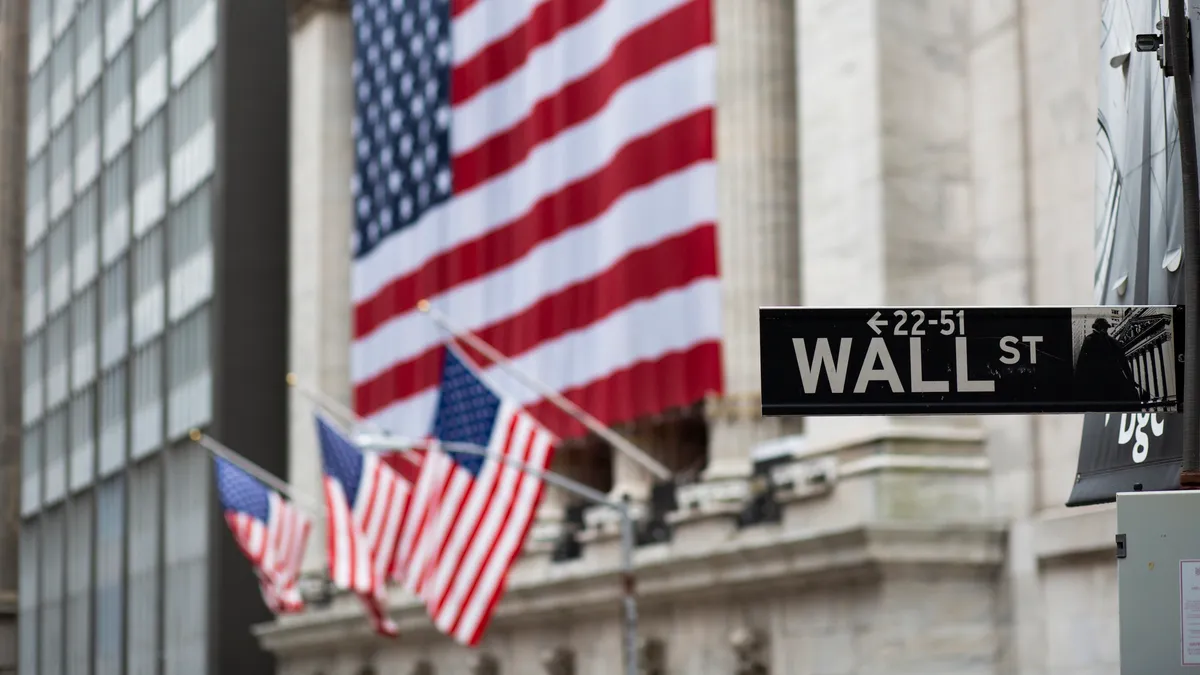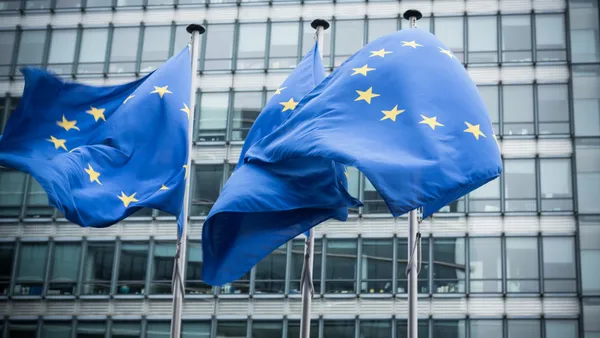The chief information officer role is at an inflection point as the U.S. government moves to standardize climate risk disclosure amid growing interest in environmental, social and governance (ESG) strategy.
"In the past, a CIO could get by with a technical view," said John Wheeler, senior advisor for risk and technology for AuditBoard, a risk-management software firm. "But with digital, one of the key drivers behind ESG, they're being pushed to the front. The CIO has to become an ethical guardian, and that can be challenging for them."
The conversation hit a crescendo last week when the U.S. Securities and Exchange Commission (SEC) proposed a groundbreaking rule about climate risk. If approved, the rule will require companies to disclose climate risk – including greenhouse gas emissions – in annual reports and other mandatory filings.
"The proposed rules would require information about a registrant's climate-related risks that are reasonably likely to have a material impact on its business, results of operations or financial condition," the SEC said.
While most companies disclose some data today, it's done on a voluntary basis, said Tim Mohin, chief sustainability officer of Persefoni, the climate management and accounting platform. Mohin previously led GRI, which developed international sustainability reporting standards.
Chief financial officers (CFOs) typically oversee SEC disclosure compliance work, but Mohin says CIOs are getting involved because "carbon is a data problem."
"Whether you're buying electricity, running vehicles or determining corporate travel, it all has carbon impacts – and every CIO should hear that message," he said.
A broad impact
The CIO's evolving role may not be limited to the "E" in ESG, experts predict. They can also identify ways of measuring people-related topics, said Shawn MacDonald, CEO of Verité, a nonprofit that works on fair labor issues in global supply chains.
"Contrary to conventional wisdom, there are straight-forward ways to measure the "S" in ESG," MacDonald said. Social issues such as wage rates, safety records, the presence of vulnerable migrant workers, and status of other marginalized groups within a corporation and/or its suppliers can be measured to determine risk and scale change over time, he said.
CIOs can also ensure digital systems – such as artificial intelligence and machine learning – are not rooted in racist or gender-biased assumptions, said Charlotte Walker-Osborn, a partner and international head of AI and technology at the law firm Eversheds Sutherland.
She cites the growing use of AI in talent recruitment as a prime example.
"In the past, if you put the data in and ask what is the shape of a good leader, it was coming out as a white middle-class man. That's all the data there was," Walker-Osborn said. "That is now becoming the CIO's problem. In a way, the CIO is in charge of data. You now must make sure the model of AI works and not skew the data."
The law firm recently published a report predicting a surge in corporate digital responsibility initiatives amid increased regulation as well as the projected $10 trillion that businesses are forecast to spend over a five-year period on digital transformation.
Excel spreadsheets won't cut it in the future
Today, many companies don't have systems in place to produce the data that investors and – now – regulators are increasingly demanding.
"A shocking number of companies have managed their data with spreadsheets," said John Davies, a GreenBiz Group vice president and senior analyst who heads research about sustainable business operations.
The SEC rule, if approved, will force companies to adopt new sophisticated systems that gather data and analyze it to inform real-time decision making and comply with regulations.
"We're seeing a real change. People aren't talking about it as much as they should be. I think a lot of people aren't ready," said William Dudzinsky, a lawyer with Eversheds Sutherland's U.S. technology practice. "Everything is on the CIO's plate – including the cyber challenge."
Correction: This story was updated to correct the spelling of Shawn MacDonald's last name.












